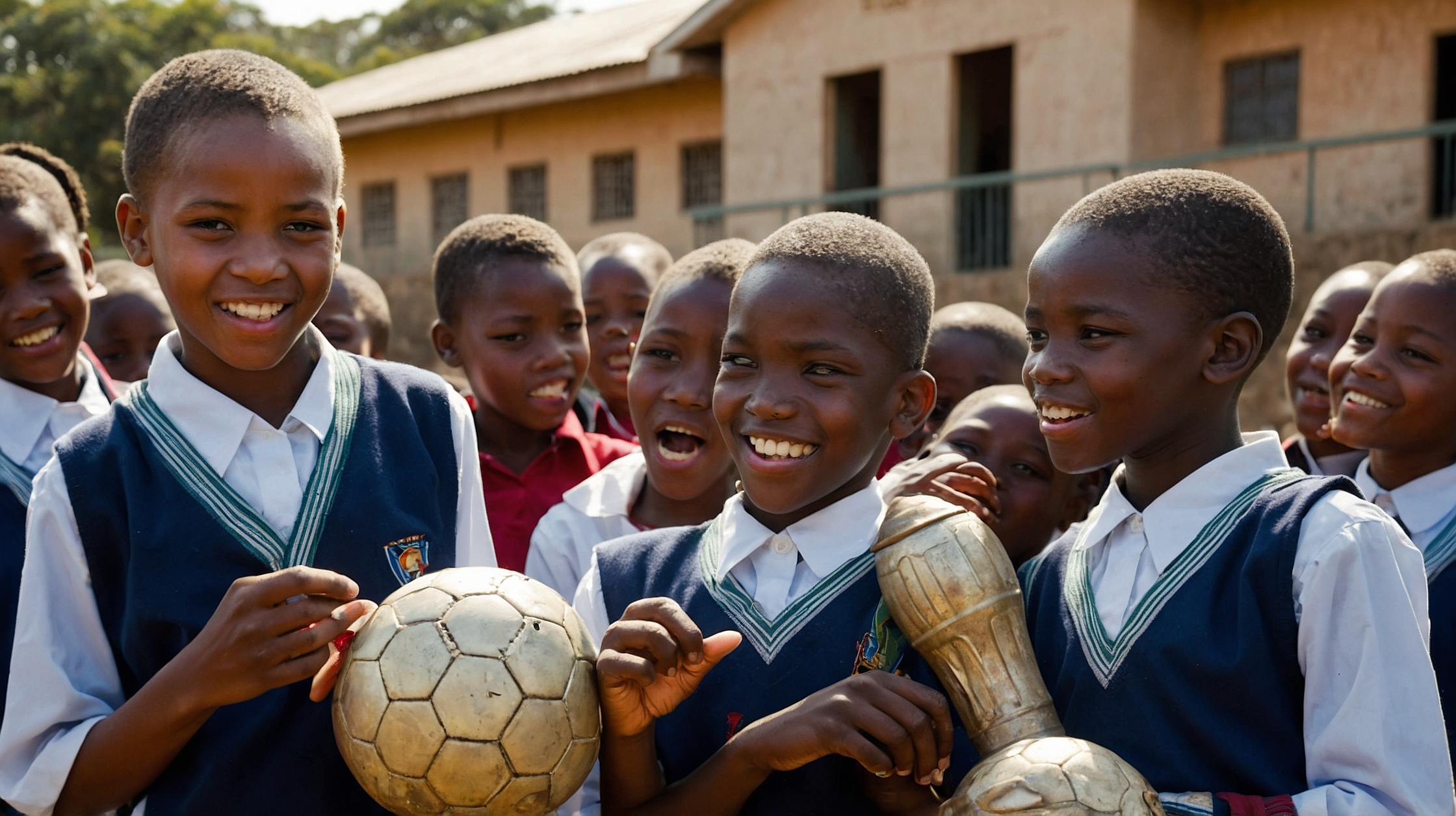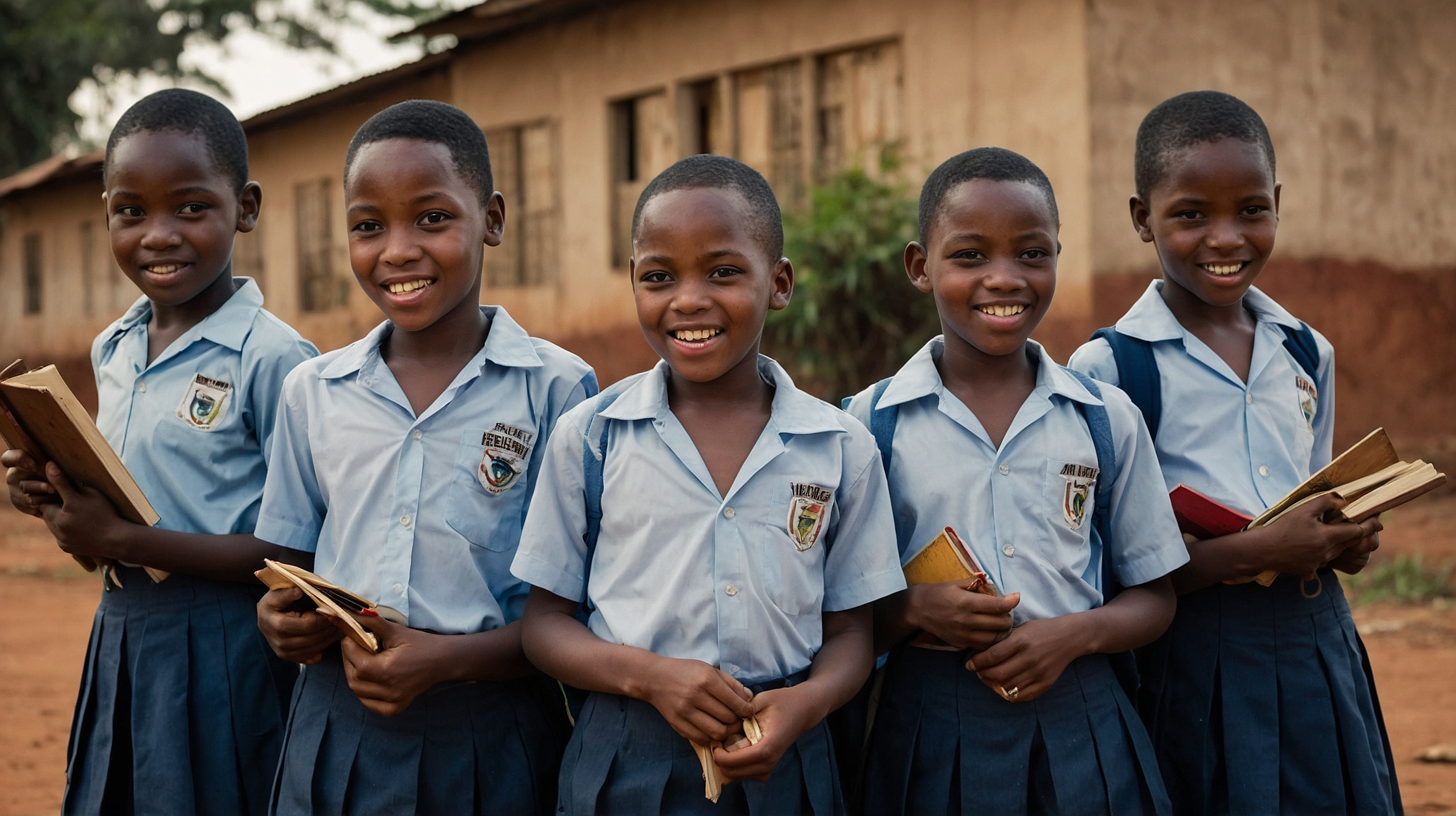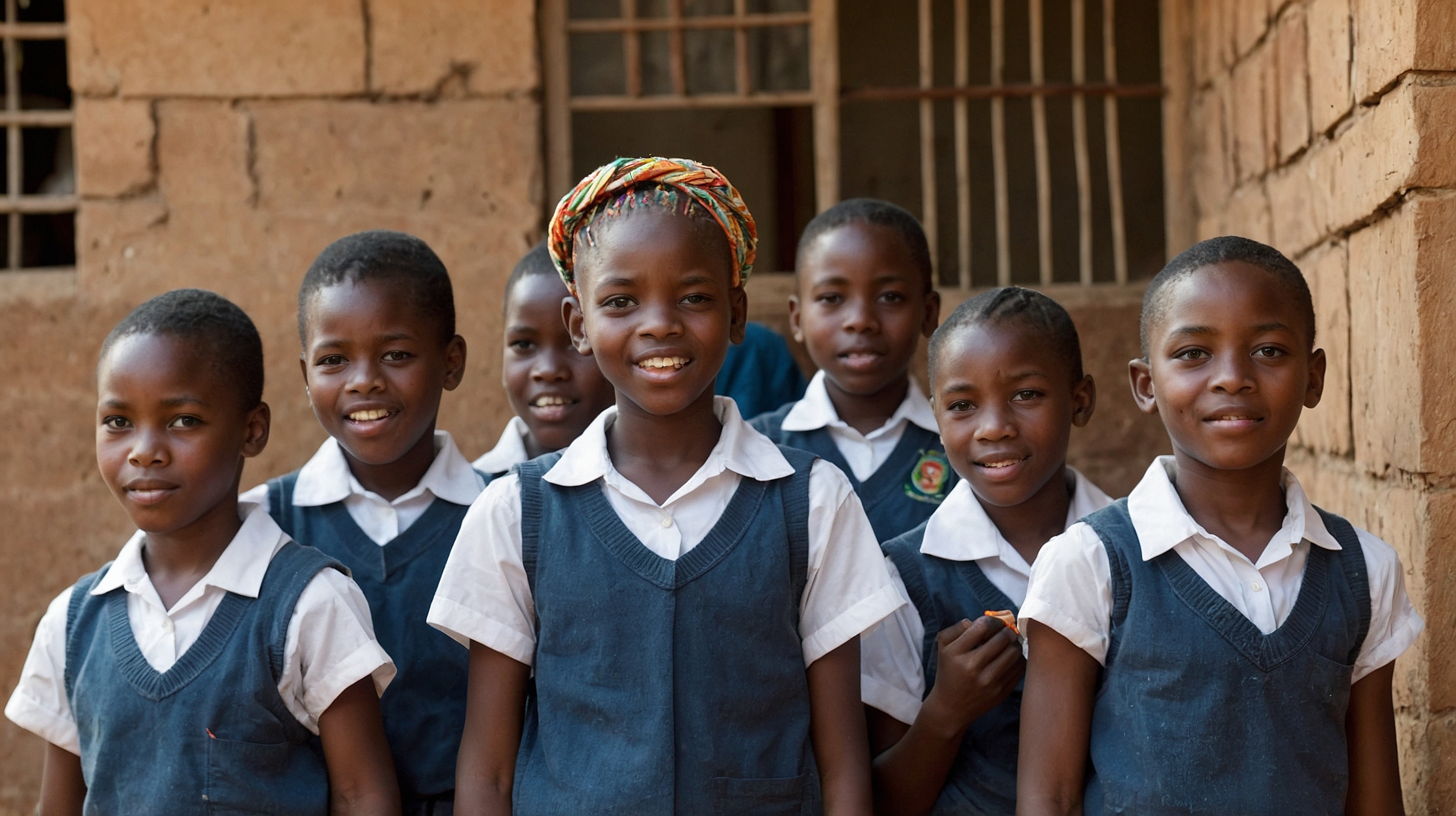Orphans in Mpumalanga
Mpumalanga, a province rich in natural beauty and cultural heritage, is facing a critical issue that is often overlooked— the growing number of orphans and vulnerable children. The HIV/AIDS pandemic, coupled with widespread poverty and social challenges, has left a significant portion of the youth population without parental care and protection. Understanding the plight of these children is crucial, as their well-being is intrinsically linked to the future of the entire region.
The Scale of the Problem
Orphans in Mpumalanga fall into several categories, each facing unique and daunting challenges. Some have lost one or both parents, leaving them in the care of relatives or as heads of households themselves. Others are illegal immigrants or children without proper documentation, making them ineligible for government assistance and education. Additionally, many children are caught in abusive or neglectful environments, where their basic needs are often unmet. The result is a cycle of poverty and despair that can be difficult to break.
One of the most alarming issues is the prevalence of child-headed households, where older siblings are forced to drop out of school to care for their younger brothers and sisters. These children often lack the resources and support to cope with their responsibilities, leading to further problems such as malnutrition, exploitation, and even involvement in criminal activities as they struggle to survive.
Why Orphans Matter
Addressing the needs of orphans and vulnerable children is not just a moral obligation; it is also essential for the socio-economic development of Mpumalanga. These children represent the future workforce and leaders of the province. Without proper care, education, and support, they are at risk of becoming trapped in a cycle of poverty and marginalization, which can have long-term negative impacts on the region’s growth and stability.
Organizations like Mamkhulu.org are making significant strides in providing the necessary support through initiatives like Hope Camps and school-based Hope Clubs. These programs offer much-needed psychosocial support, educational assistance, and life skills training, helping children to build resilience and hope for a brighter future. However, the scale of the problem means that much more needs to be done.
Conclusion
Orphans and vulnerable children in Mpumalanga are facing an uphill battle, but with the right support and intervention, their lives can be transformed. As we continue to highlight their stories and the challenges they face, it is crucial for communities, government agencies, and non-profit organizations to work together to provide these children with the care and opportunities they deserve. By investing in their futures, we are not only helping them but also ensuring the long-term prosperity of Mpumalanga as a whole.



